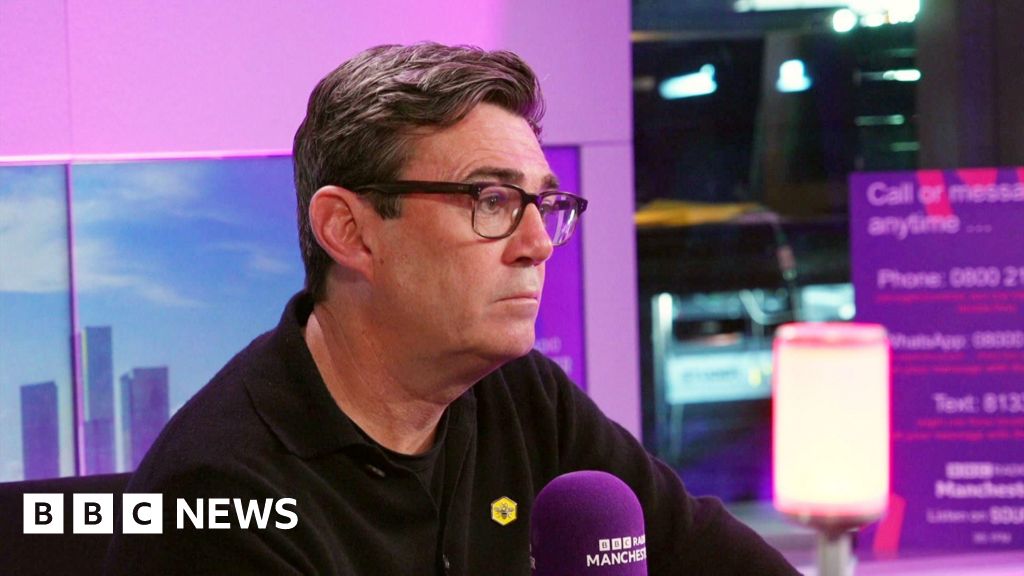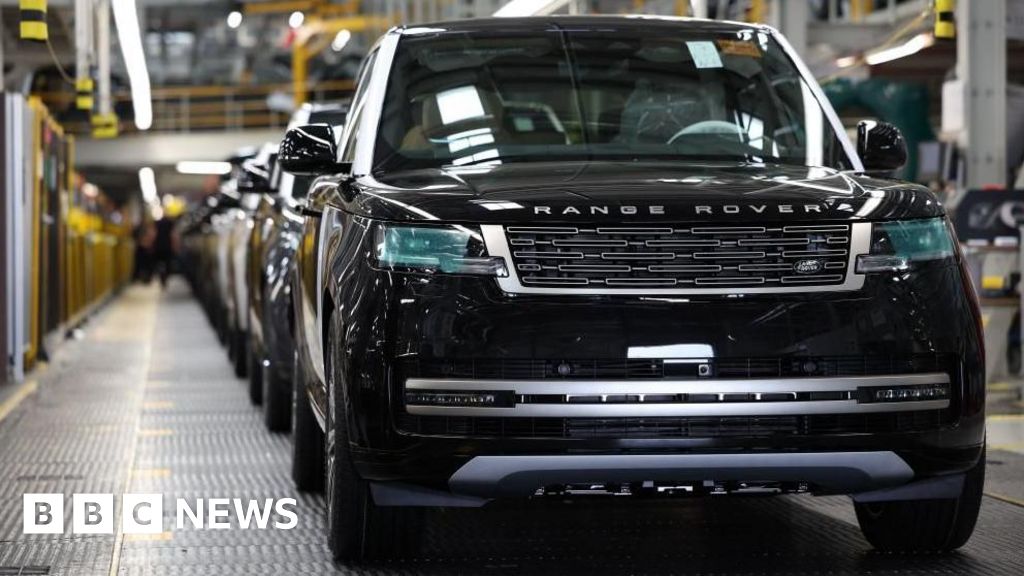WHILE CONSERVATIVE CAMPAIGNER MARIA Steen ultimately did not get on the ballot for this year’s presidential election, some of her most vocal backers have been keen to characterise her efforts as a success rather than a failure.
Senators Rónán Mullen and Sharon Keogan both told The Journal that she did far better than expectations and that that is the story people should be focusing on.
However, others who supported her have been quicker to look on the negative side and engage in a blame game.
For some, her failure was the fault of Fianna Fáil and Fine Gael for “blocking” her route, while others believed she fell short due to aggressive online lobbying of Oireachtas members encouraging them to back Steen.
Another school of thought was that her campaign was hijacked by some supporters who “took over” her campaign and ultimately put would-be supporters off.
Others again felt that if she had a longer campaign, she might have just got it over the line.
Steen only really kick-started her campaign earlier this month, telling reporters outside Leinster House on 11 September that her supporters believed that the Irish people should have a choice other than an “establishment candidate”.
This week, after failing to woo any local authorities, Steen set her sights on securing the nominations of 20 Oireachtas members.
In the end, she got 18:
Aontú leader Peadar Tóibín, and his two party colleagues, TD Paul Lawless and Senator Sarah O’Reilly; Independent Ireland’s four TDs Michael Collins, Richard O’Donoghue, Michael Fitzmaurice and Ken O’Flynn; junior ministers Marian Harkin and Michael Healy-Rae; TDs Mattie McGrath, Carol Nolan, Gillian Toole, Paul Gogarty and Michael’s brother Danny Healy-Rae; Senators Joe Conway, Rónán Mullins, Sharon Keogan and Aubrey McCarthy.
Independent Ireland leader Michael Collins is of the view that Steen’s campaign was taken over by others, and that this was what led to its ultimate failure.
Speaking to The Journal, Collins said he felt the online campaign targeting undecided TDs and Senators was “the wrong approach”.
“Others took over her campaign, and that made a lot of people bitter and frustrated, and we have the consequences of that now. That’s my feeling anyway from talking to people inside here [Leinster House],” he said.
Collins refused to say who he was referring to, telling The Journal: “I’m not going to name them now, you know yourself”.
“I think if she was out there sooner and got to meet people, instead of others doing the talking for her, I think she would have done better,” he added.
Others involved in Steen’s campaign told The Journal that they agreed with Collins, that the way pressure was put on Oireachtas members online did not help her chances.
While the online campaign seemed to happen organically, Independent Senator Sharon Keoghan was one of the vocal people on social media who encouraged voters to lobby undecided TDs and Senators to nominate Steen.
One Steen supporter, who would only speak on the condition of anonymity, said Keoghan “inserted herself into the campaign and wanted to make it all about herself”.
“It’s pissed people off in Oireachtas circles,” the source said.
Senator Gerard Craughwell was one of the Independent Oireachtas members who was put off by the online campaign. To such an extent that he opted not to nominate any candidate.
Speaking to The Journal, Craughwell said:
“I had decided long before I was approached by Mrs Steen that I would not support her, and that was because of the online campaign that started about three weeks ago.”
He said the online messages he received from supporters of Steen became “more and more toxic as the weeks went on”.
Craughwell stressed, however, that people are entitled to lobby politicians.
Keogan firmly rejected the notion that the online pressure on Oireachtas members had any negative impact on Steen’s result.
“Gerard Craughwell would be very used to online campaigning himself, so I find it funny he would have found it too much,” the Senator told The Journal.
“Look, people are going to say why it didn’t succeed, the online campaign had nothing to do with it in my opinion,” she added.
Responding to the suggestion that her involvement in Steen’s bid to get on the ballot had a detrimental effect on her efforts, Keogan said:
“I’ve no comment to make on people who won’t speak on the record. If they have something to say, let them come to my face and say it.
“Yes, I was advocating for Maria Steen and Gareth Sheridan, they didn’t get on the ballot but they both did well. It wasn’t to be.”
Elsewhere, Aontú leader Peadar Tóibín laid the blame for Steen’s failure firmly at the feet of Fianna Fáil and Fine Gael.
“It is a fact that Fianna Fáil, Fine Gael and their so-called Independents pulled up the ladder to stop Maria Steen being able to challenge them in this election,” he said, referring to the Regional Independent TDs who are supporting the government.
Meanwhile, Senator Rónán Mullen, who was also heavily involved in efforts to get Steen on the ballot, shared Keogan’s view that although Steen wasn’t ultimately successful, she still did “remarkably well”.
Asked where he thinks things went wrong, Mullen did not wish to apportion blame but said “many will believe the political establishment has acted in an elitist way.”
“I think a lot of people don’t understand why people didn’t lift a finger to assist,” he said, referring to Oireachtas members who chose not to nominate Steen.
On whether Senator Michael McDowell’s decision not to back Steen was the death knell of her campaign, Mullen said: “I’m not blaming anybody. Everybody has their reasons.”
Asked if he had any ill feelings towards those who did not back Steen, or those who backed her too vocally, Mullen said:
“Why would I have ill feelings towards any politicians? Maria Steen got 18 votes that nobody thought a few weeks ago she would get. And she did it up against a political establishment that didn’t want her to succeed. That’s the story here.”









































